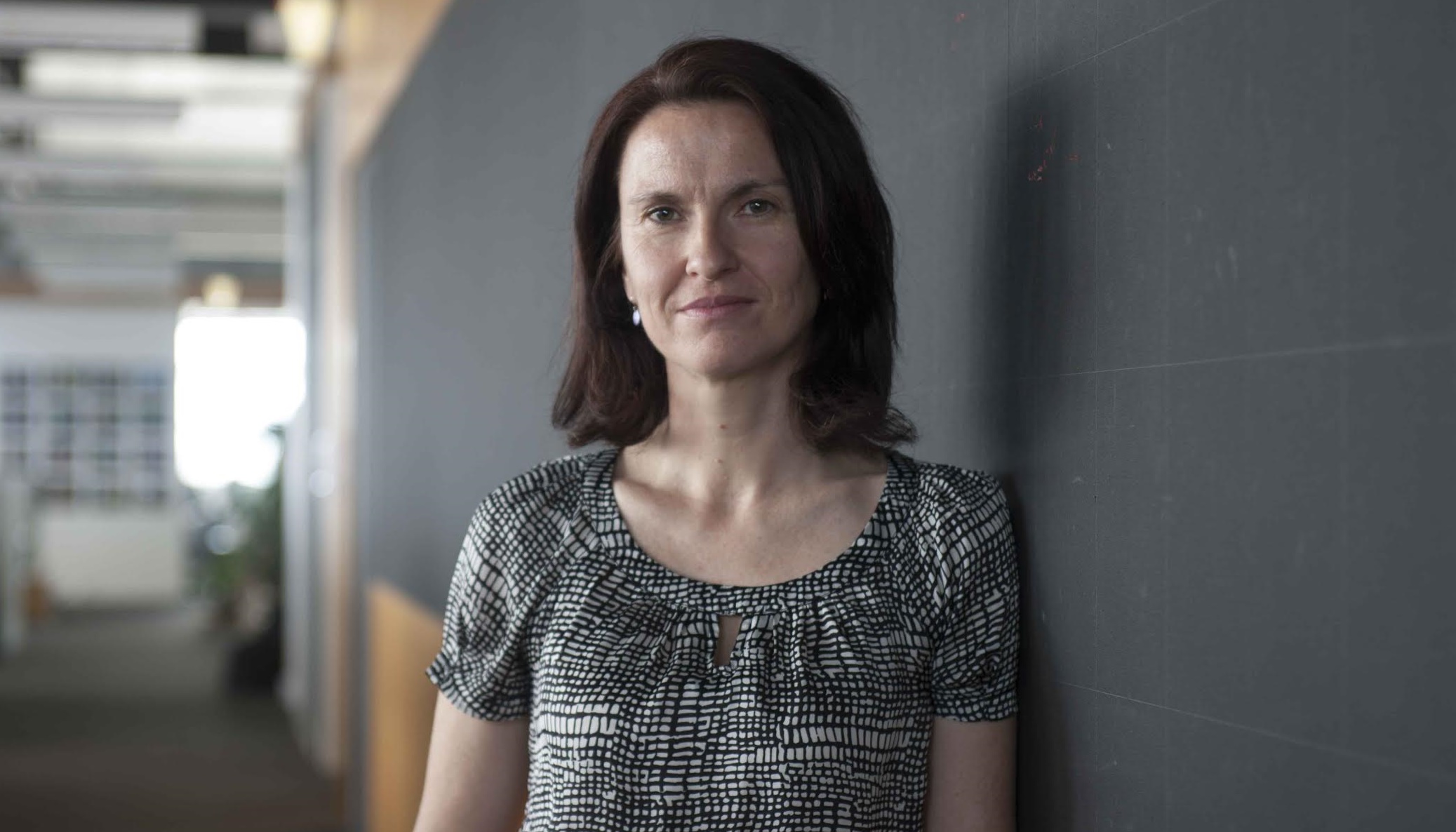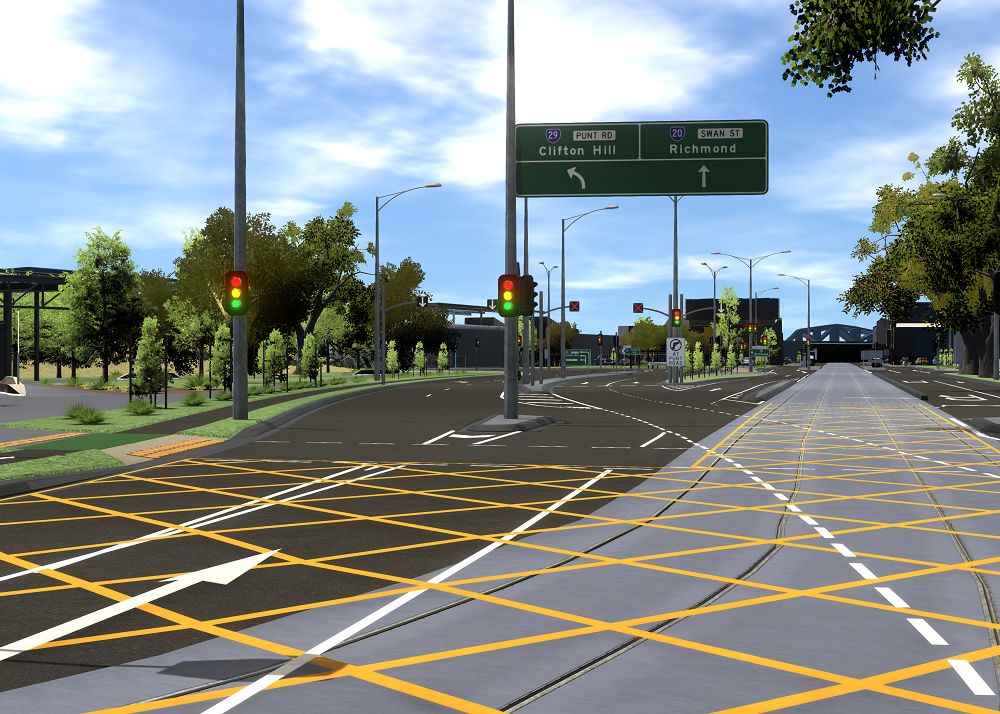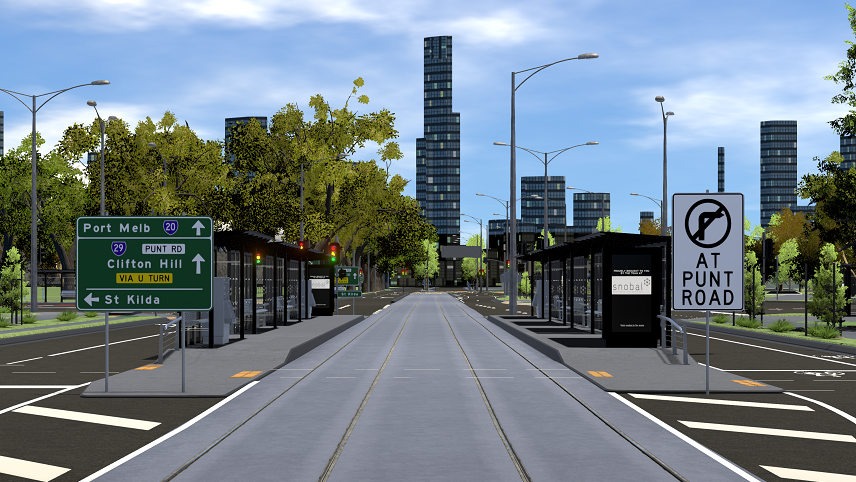#StartupSpotlight is a series on Information Age, shining a light on Australian start-ups disrupting the status quo.
When Ann Nolan and Murray James set out to launch a start-up focused on virtual reality in 2014, the technology was nascent at best.
VR headsets were only owned by the most ardent of enthusiasts, and to the general public the technology was still something out of a science fiction film.
But Nolan and James saw the potential of the disruptive technology, and launched their company, Snobal, at the end of that year.
“It was a bit like saying you have a new website service but no-one has computers to access the website. It was a massive challenge,” Nolan says.
While the early focus of virtual reality was on its application in gaming, the co-founders saw its real potential in how it could help businesses as a software, combining their decades of experience: Nolan in psychology, health technology and digital strategy; and James in architectural visualisation and retail design.
“We thought it would be so useful for businesses, particularly those in architecture, engineering and design, for articulating a vision, building an environment and speeding up the process,” Nolan says.
“That’s always been our compass point – creating virtual reality solutions for business organisations to do what they do better.”
Now, three years later, virtual reality has exploded into the mainstream, and the pair have been validated. Revenue from VR hit $US5.2 billion in 2016, and that number is set to skyrocket to $US162 billion in 2020.
And this year the technology has been recognised for its potential in other sectors outside of gaming, and Snobal has come into its own.
“It’s only really been in the last quarter this year that the conversation has changed globally,” Nolan says.
“There’s been a lot more attention and focus than in the past from large global tech companies about how they can actually use virtual reality,” she says.

Ann Nolan, co-founder of Snobal
Software-as-a-service
Based in Melbourne, Snobal offers a suite of virtual reality-based tools for design, engineering and construction businesses. The software-as-a-service model is focused on improving design collaboration between team members, end users and stakeholders, to iterate, prototype, test and make quicker design decisions.
The company’s EngageVR Tool allows for the testing of new products or designs with consumers or stakeholders before having to be build physically, thereby greatly reducing the costs and time associated.
“Instead of building something and then afterwards discovering that certain things could’ve been improved on, this will allow those errors and learnings to be made in a virtual environment so that when you build a physical model or environment, you’ll have those elements ironed out,” Nolan explains.
The company began in early 2015 with just the co-founders, and focused entirely on the retail space, but has since broadened its scope to design, engineering and construction, along with training. The organisation also offers data analytics, giving its clients a greater understanding of the effectiveness of the designs.
With Snobal’s VR software, a 1:1 scale environment can be created that allows the likes of city planners, local councils, engineers and commercial construction companies to collaborate, test and get feedback on these designs before they are built.
In the real world
Snobal is now run by a team of 10 software developers, game developers, 3D artists and VR experts, based in a start-up hub in Melbourne’s west.
The start-up has worked with some major clients, including a collaboration with SMEC which saw its software used to prototype and test a new design for Hoddle St, Melbourne’s most complex and busy arterial road. The VR tools enabled the public and stakeholders to see what the changes will be and how they will help the situation, from the perspective of a pedestrian, cyclist and driver, all in a virtual environment.
It was this moment, when Snobal’s technology was applied in the real world for the benefit of a large group of people, that Nolan has valued most of all.
“I think my proudest one was when we worked with that client and really saw what we knew would happen, happen,” she says.
“Using our software in ways we anticipate, in ways we thought they would find of use. To see that happening and get that feedback, enthusiasm and excitement was wonderful. For the customers to see and look at that, and see the impact we thought it would have actually executed was wonderful.”
But it wasn't the only big milestone this year for Snobal, with the start-up selected from thousands of companies to take part in the HTC ViveX global accelerator in March, and joining the IBM Global Entrepreneur Program in May.
The collaboration with IBM will see the company’s AI platform Watson integrated with Snobal’s virtual reality tools.
The future
The company has even bigger plans for 2018, with plans for global expansion, starting with China and the wider Asia region.
Nolan doesn’t deny that building a start-up from the ground up is a difficult and emotionally-taxing experience, and one that requires strength and perseverance.
“It’s all about the resilience, and about having a very strong support network around you. A tremendous amount of resilience and persistence is needed by any founder no matter what your business is,” she says.
“There are lots of highs and lows in running your own business, so it’s about knowing how to keep that on an even keel at all times. If fantastic news comes in, keep it even. If not so fantastic news comes in, keep it even and focus on the end goal.”











